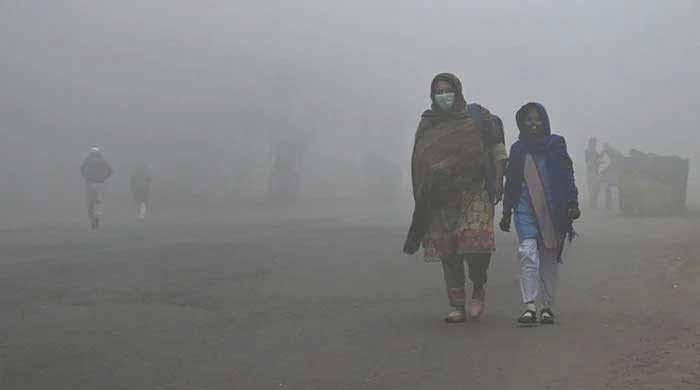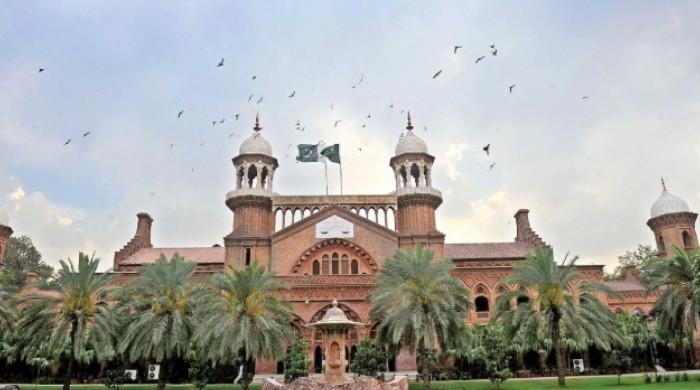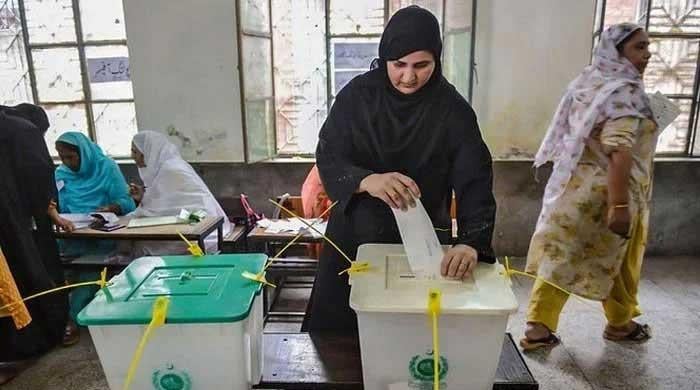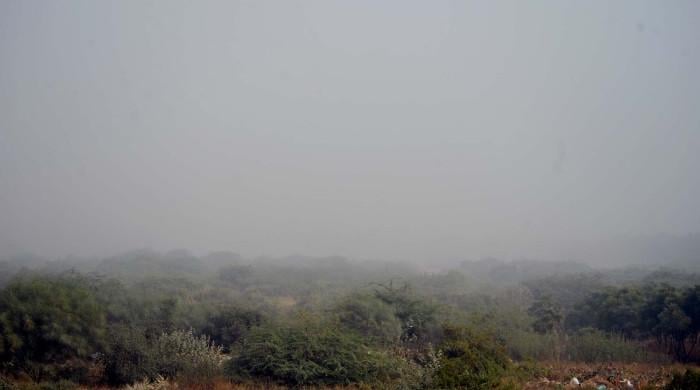TTQ strategy: About 250,000 people under complete lockdown in Islamabad, Muzaffarabad
The track, trace, quarantine strategy has helped impose "smart" lockdowns as it highlights the most-affected areas
June 14, 2020
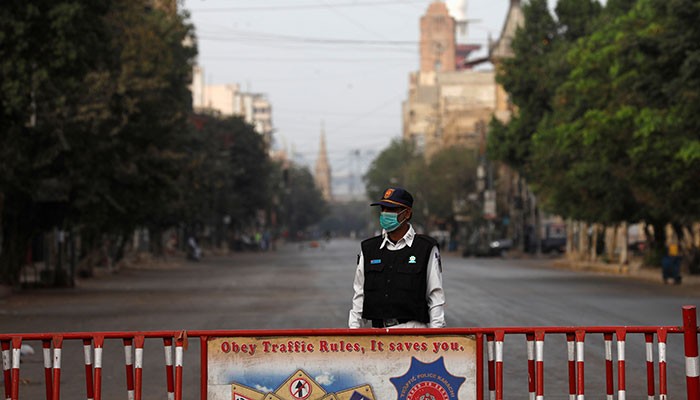
Amid surging cases of COVID-19 across the country, Muzzafarabad, with a population of nearly 200,000, and sectors G-9/2 and G-8/3 of Islamabad with a population of about 50,000, have been put under a complete lockdown.
A "selective" or "smart" lockdown under a test, trace and quarantine (TTQ) strategy has been imposed in various parts of Punjab, Khyber Pakhtunkhwa (KP), Azad Jammu and Kashmir (AJK), Sindh, Gilgit Baltistan and the federal capital.
Data provided by the National Command and Operations Centre (NCOC) revealed that the core objective of the government's TTQ strategy is to identify virus hotspots and to impose a lockdown in affected places only.
Isolating positive and suspected patients, optimisation of healthcare facilities at all levels, augmentation of testing capacity, boosting healthcare capacity and meticulous monitoring through technology and trained workforce is also part of the agenda.
The strategy, developed with the assistance of Pakistan Army, managed "to build up a strong and grassroots-level network of trained community activists and leaders to mobilise the masses to fully comply with safety guidelines and standard operating procedures (SOPs) to contain the risk of the contagion", read the data.
As many as 66 districts administrations among 1,500 union councils were engaged in collaboration with the rural support programmes (RSPs).
Also read: Pakistan's coronavirus cases to hit one million by end July if SOPs ignored: Asad Umar
”Since the strategy was launched across the country after completing its pilot phase, around 2,117 community awareness raising sessions were carried out in the shortest span of time across the country," the data revealed.
Some 13,700 mosque announcements were made, and about 17,813 information-providing pamphlets, brochures and leaflets were distributed.
A few suspected cases were also identified and were referred to the respective health departments.
With the distribution of 4,918 face masks along with safety gloves, about 3,430 families were also provided with soaps for hand-washing, the data added.
Around 80 women and 20 men were trained as community activists to spearhead social efforts to contain the risk of outbreak through education and awareness.
Moreover, National Rural Support Programme (NRSP) has established a monitoring system for this initiative and its format was shared with the NCOC under which information would be provided to NCOC weekly and fortnightly.




